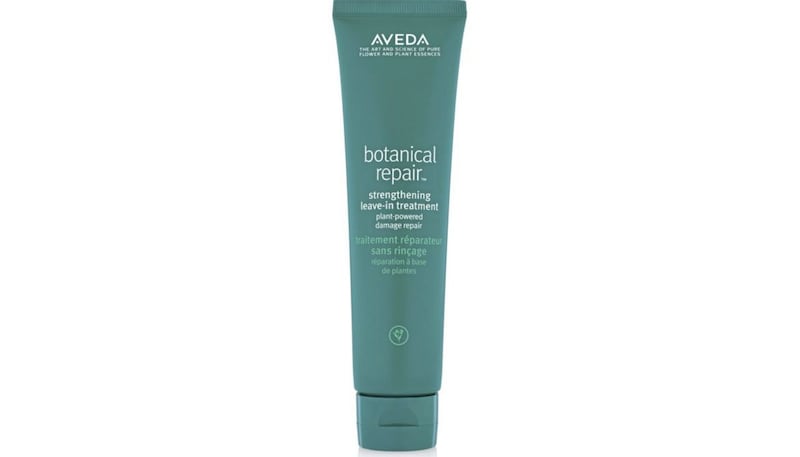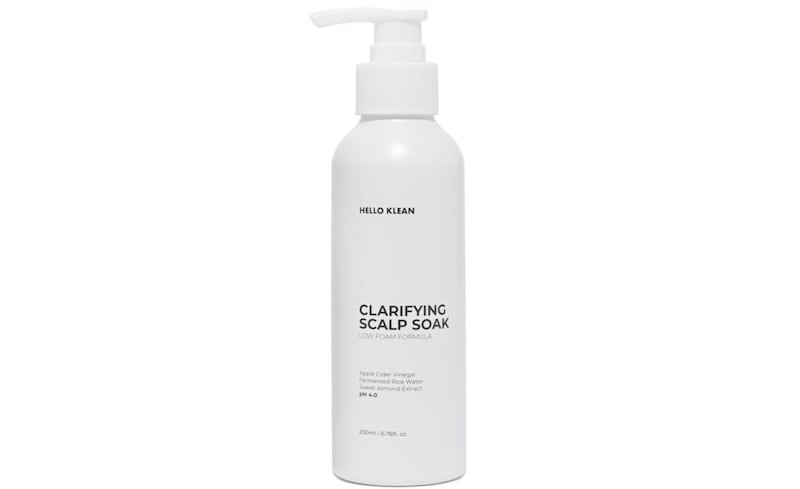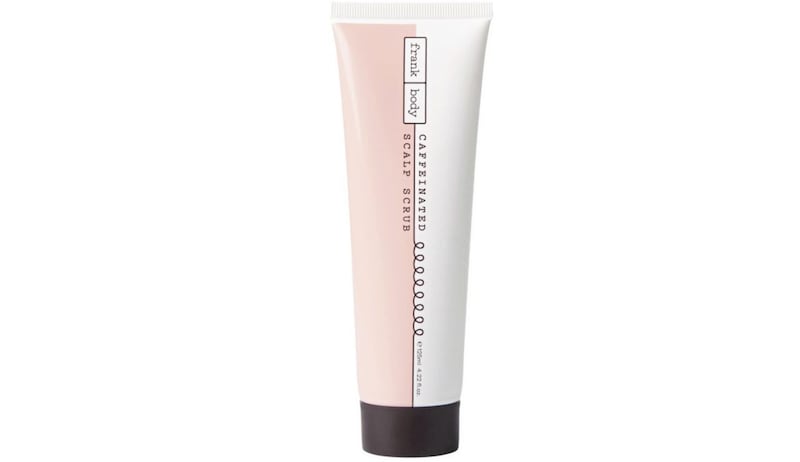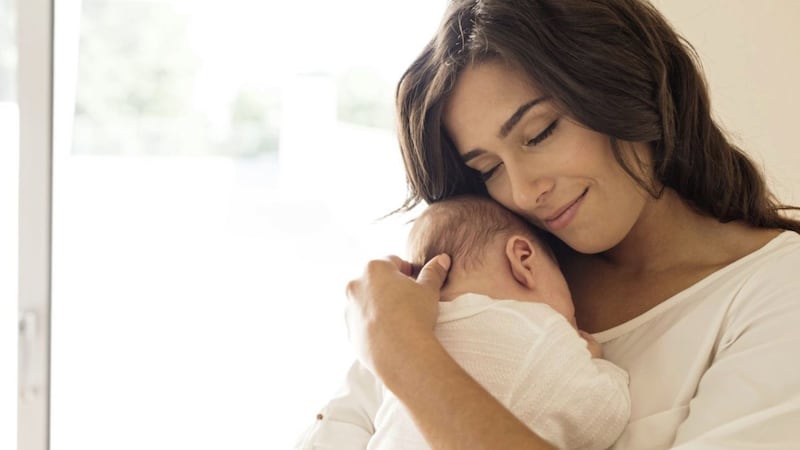MUCH is made of what a woman's body goes through during pregnancy – and rightly so. As their baby grows, many women will know to expect other changes, too: maybe their hair will get thicker and glossier, or they'll experience smatterings of acne.
This is all down to hormones – natural, and to be expected. However, what's not discussed quite as often is what happens to the hair and skin after giving birth.
This is a time of huge change, both emotionally and physically. Anyone experiencing any long-lasting or more serious issues should see a doctor, but otherwise, this is what new mothers might experience post-partum – and what to do about it…
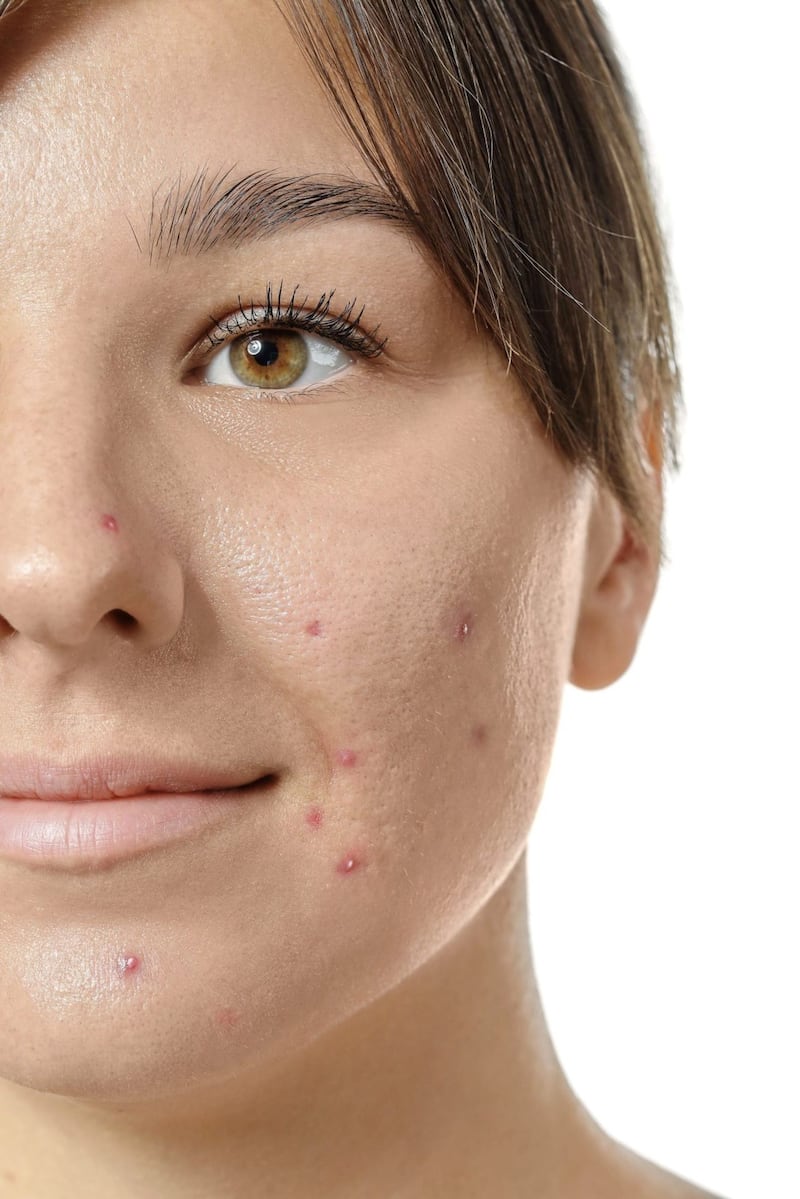
SKIN
If your skin was playing up during pregnancy, unfortunately things might not immediately return to normal after birth.
"During pregnancy, a lot of people do notice issues with pigmentation," explains consultant dermatologist Dr Anjali Mahto (dranjalimahto.co.uk).
"That's due to a fluctuation in hormones." One hormone in particular – known as alpha-MSH – is also responsible for the darkening of the skin around the nipples many experience.
Pigmentation – darker patches of skin – may persist on the face post-partum. Mahto recommends keeping an eye on these areas, as it can "often be something that actually becomes a permanent issue" if left for too long.
Acids are normally used to treat hyperpigmentation, but Mahto notes you probably want to avoid these if you're breastfeeding.
The other big issue new mums might experience is acne, due to hormone fluctuations after giving birth. Retinol is often used to fight spots, but pregnant and breastfeeding women are advised against it.
So, what should you use? Mahto's favourite ingredient is azelaic acid, because it's safe, she suggests.
"Azelaic acid has a number of benefits. It's anti-pigmentation, it's anti-inflammatory, and it's reasonably good for acne – so it can tackle all of those things that you commonly see during pregnancy and afterwards," she says.
If you're shopping over the counter, Mahto recommends looking for 10 per cent strength.
New mums hardly have lots of free time to indulge in a lengthy skincare routine, so this is what Mahto suggests is the bare minimum to keep your skin healthy: "For night-time, you just need to make sure you've cleansed your skin – that is important. I know it's an easy one to skip, but the absolute truth is you do need to make sure any dirt, sweat, grime, pollution – anything like that you've come into contact with during the day – it needs to come off properly."
Follow up with moisturiser or azelaic acid. For the mornings, Mahto suggests keeping it simple: cleansing then SPF.
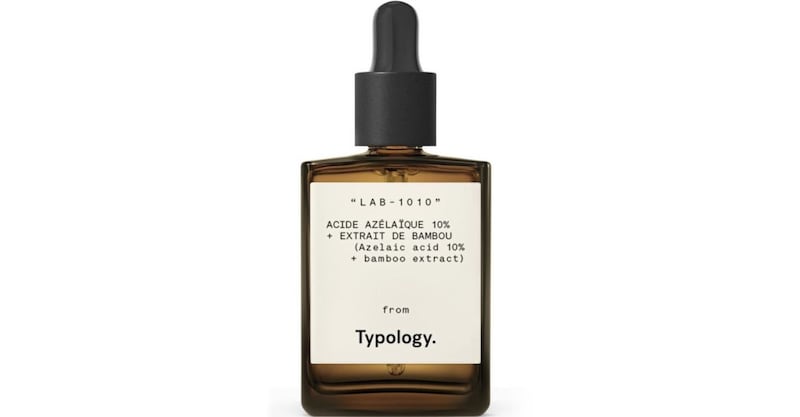
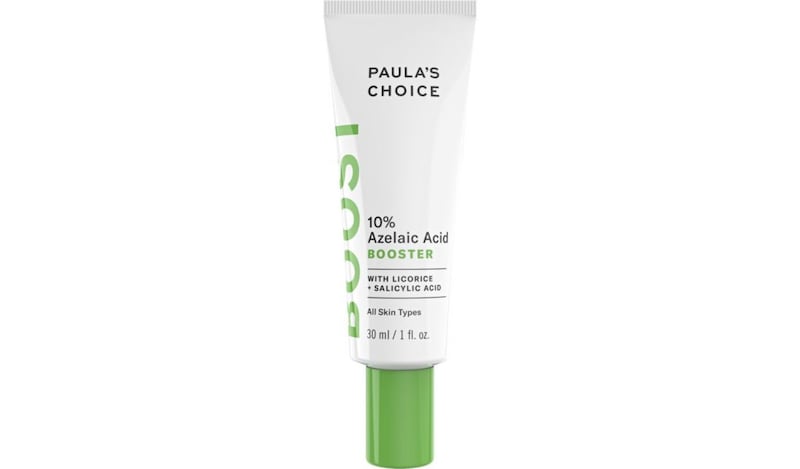
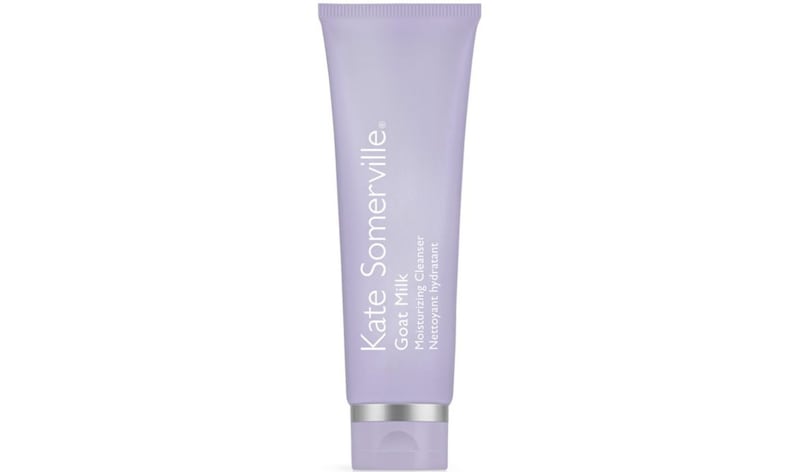
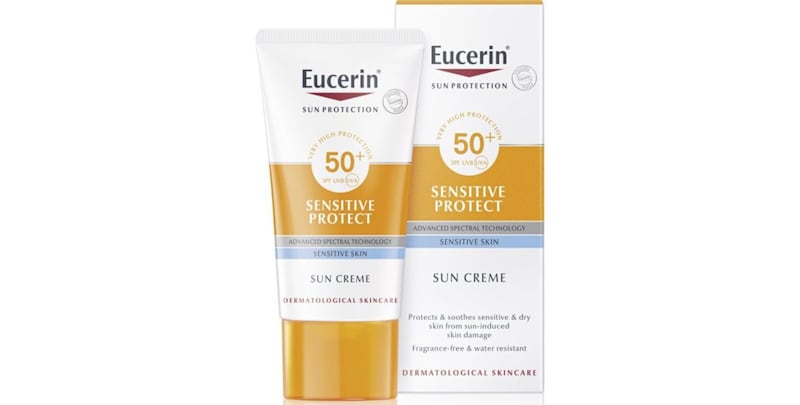
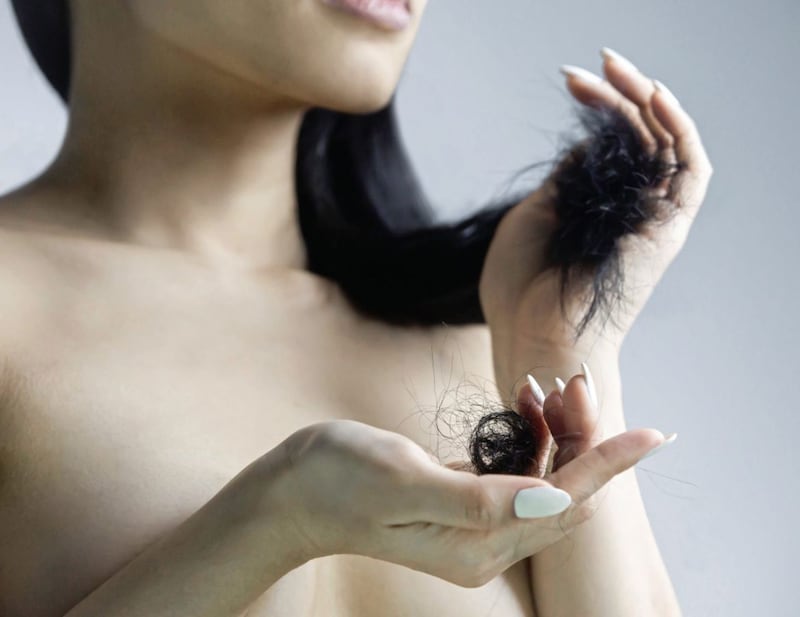
HAIR
Many women find their hair gets glossier and thicker during pregnancy.
"When you're pregnant, oestrogen levels rise, and oestrogen is a hair-friendly hormone," explains Anabel Kingsley, brand president and consultant trichologist at Philip Kingsley (philipkingsley.co.uk).
Although it's not the case for everyone, lots of women shed less hair pre-baby – but it doesn't stay like this forever.
"After you give birth, you have a really steep drop in this hair-friendly hormone," says Kingsley – and all of the hairs you retained during pregnancy "can shed in a really short period of time, so you can get this really severe loss of hair".
Post-partum hair loss is common among new mothers, but Kingsley doesn't want the blame to be solely placed on hormones.
"Your hair isn't an essential tissue," she says. "It's an essential tissue psychologically, but physically, it's last on our body's list of priorities. This means when anything goes wrong, our hair is the first part of us that our body diverts its attention away from – so whether that's stress, a nutritional deficiency, or thyroid imbalance."
So for Kingsley, changes in hair might be down to other factors – maybe you had a difficult birth and lost a lot of blood, or your body is low on some type of vitamin.
She suggests the best thing you can do is look after your overall wellbeing, saying: "If your hair is going to come out because of hormonal fluctuations, there's nothing you can do to stop that. But what you can do is make sure that your body is as robust as possible to support new hair growth, and also so that initial shedding doesn't go on for longer than it should."
She recommends a healthy, balanced diet, not leaving more than four hours between meals, and having a blood test a few months after giving birth, to check everything's on track.
To really promote healthy hair post-partum, Kingsley – who gave birth 11 months ago, so knows how hard it is to stay on top of everything with a newborn – recommends a weekly conditioning treatment. She applies it in the morning, leaves it on all day, and washes it out at night.
Otherwise, keep your scalp – your "hair support system" – healthy by shampooing regularly, and using a weekly scalp toner or exfoliating or stimulating scalp mask, she says.

